Game description:
Dawntide begins with Riley, who never left the town most of his friends moved on from. His life follows quiet, repeated loops—coffee shifts, walks by the harbor, short chats that never go far. The town is small enough to know by heart, but that familiarity doesn’t make it feel more stable. He once had a close group, but now Sal works from home, Joe keeps his distance, Ranzo’s rarely around, and Billy’s away most of the year. There’s no fallout between them, just space that built up over time. Riley fills it with temporary conversations and avoids thinking too much about what it means.
Old Friends, New Gaps
The folk festival brings people back into focus. Billy’s return lines up with Ranzo’s short stay in port. The group meets again, but it’s not clear whether they’re reconnecting or just remembering. They talk, share updates, laugh in the right moments—but some questions stay outside the conversation. Riley notices how routines have reshaped everyone. What once felt effortless now takes intention. And in the background, there’s the memory of someone Riley once saw a future with—someone no longer part of these gatherings. The festival becomes a quiet test of what still works between people who were once close.
Structured to Drift, Not Decide
Dawntide features a soft route system where players begin shaping their focus early in Chapter One. Each route follows one of several characters, with changes that emerge naturally rather than through dramatic turning points. The writing focuses on tone, pacing, and character interaction more than plot. The available chapters provide partial arcs, with development paused for now but planned to resume with a more sustainable workflow. The game doesn’t push for resolution—it leaves space for things to remain open. In a town where little changes outwardly, the biggest shifts often happen quietly, between familiar lines.








































































































































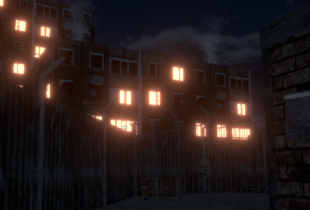


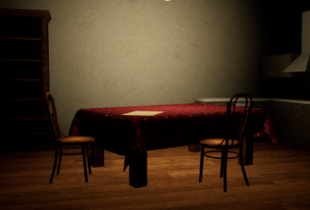


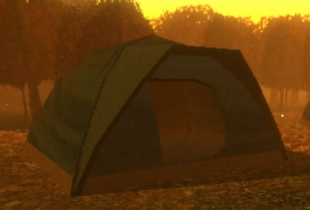
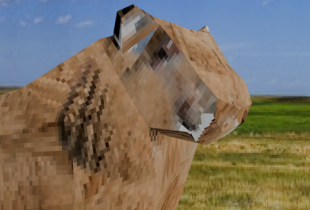
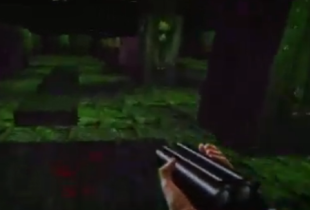


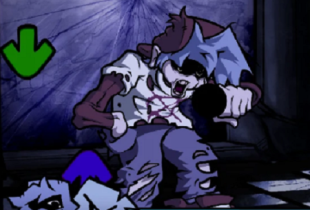

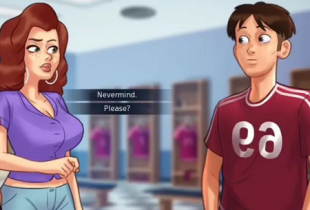


Comments